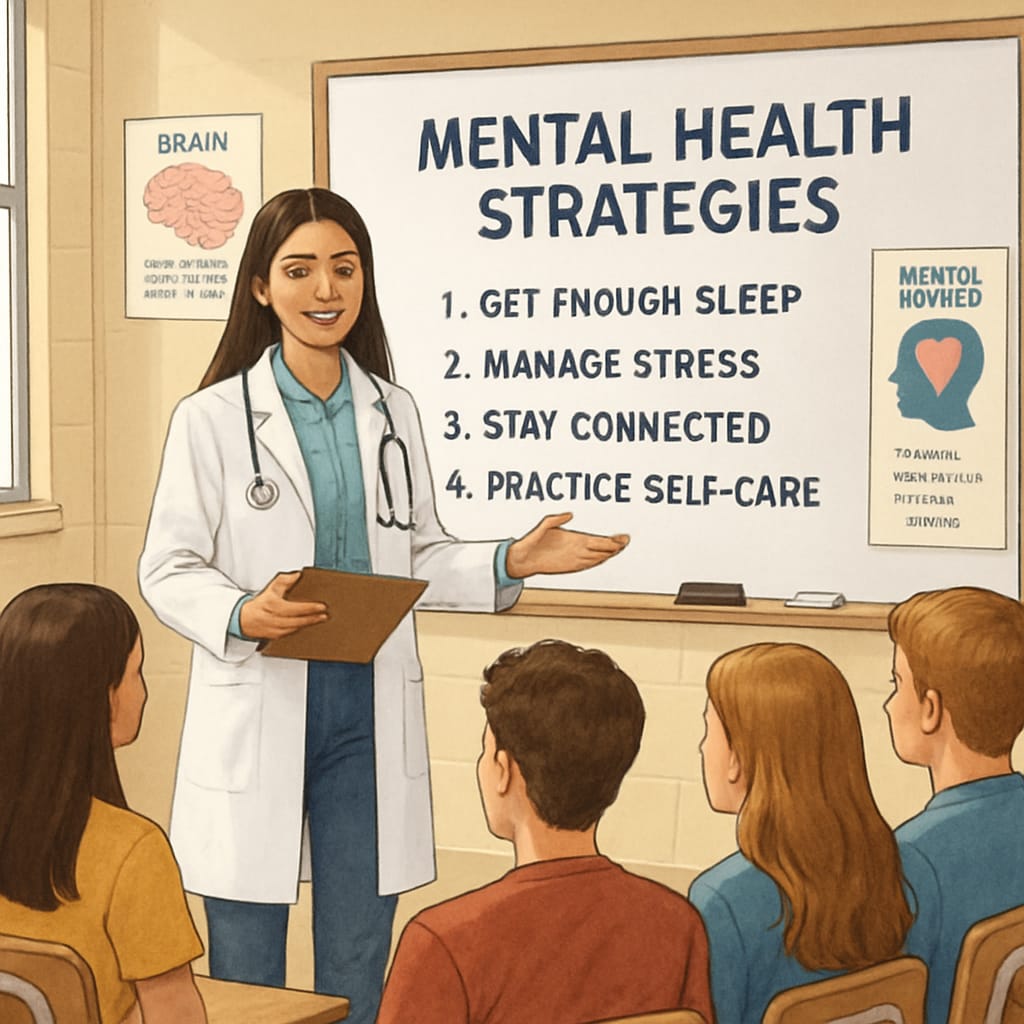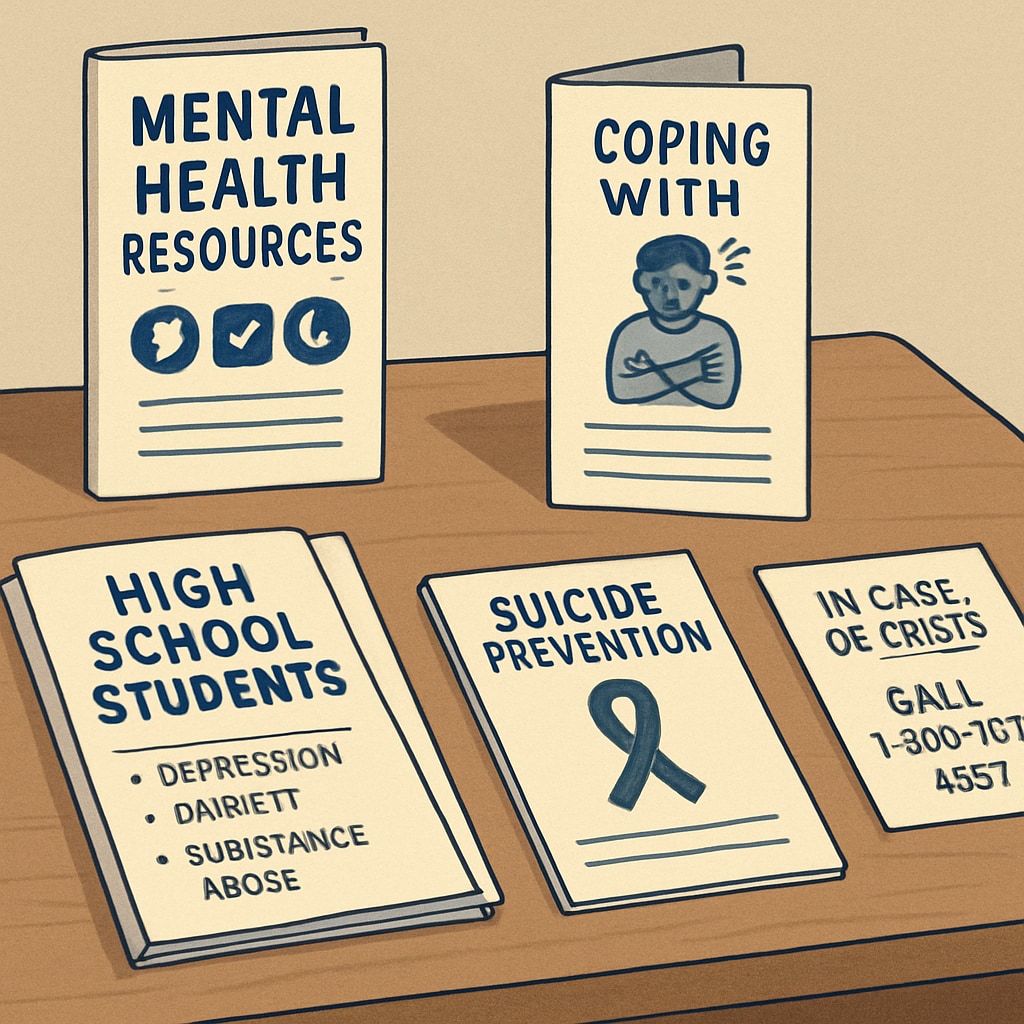Addressing mental health issues among high school students is increasingly recognized as a critical aspect of their overall well-being. Medical students, with their foundational knowledge of psychological principles and health care systems, are uniquely positioned to lead impactful school seminars that promote mental health awareness and provide practical tools. In this guide, we outline a step-by-step approach to planning, executing, and evaluating these seminars, ensuring their success in fostering emotional well-being among teenagers.

Understanding the Needs of High School Students
To create a meaningful seminar, it is essential to first understand the unique challenges faced by high school students. Adolescents often grapple with academic pressure, social dynamics, identity exploration, and other factors that can impact their mental health. According to the World Health Organization, 1 in 7 adolescents experiences mental health conditions globally, emphasizing the need for targeted awareness programs.
Medical students should engage with school administrators, teachers, and counselors during the planning phase to identify specific concerns within the student population. Surveys or focus groups can also be helpful in tailoring the seminar content to address common stressors such as anxiety, depression, or bullying.
Planning and Structuring the Seminar
Effective planning is the backbone of any successful event. Here are key steps to organize a high school mental health seminar:
- Establish Clear Objectives: Define the seminar’s goals, such as increasing awareness, teaching coping strategies, or providing resources for support.
- Collaborate with Schools: Partner with school staff to secure a venue, schedule the event, and promote attendance among students.
- Develop Engaging Content: Use age-appropriate language and interactive methods such as role-playing scenarios, Q&A sessions, or multimedia presentations.
- Prepare Materials: Create handouts, slides, and resource lists that students can refer to after the seminar.
- Train Presenters: Medical students should rehearse their delivery to ensure clarity and confidence.
By focusing on these elements, medical students can ensure their seminar is well-organized and resonates with the audience.

Executing the Seminar: Best Practices
On the day of the seminar, attention to detail is key. Begin with an engaging introduction that highlights the importance of mental health and how students can benefit from the session. Involve the audience through interactive discussions and activities, ensuring that the seminar feels collaborative rather than lecture-style.
Additionally, medical students should be prepared to address sensitive topics with empathy and professionalism. Providing students with actionable advice, such as mindfulness exercises or time management techniques, can be particularly impactful. For further credibility, include references to reputable sources like NIMH.
Evaluating the Seminar’s Impact
Post-event evaluation is crucial for assessing the seminar’s effectiveness and identifying areas for improvement. Here are methods to gauge impact:
- Feedback Surveys: Distribute anonymous surveys to students and staff, asking about their perceptions of the seminar’s content and delivery.
- Behavioral Insights: Collaborate with school counselors to observe any changes in students’ attitudes or behaviors following the seminar.
- Follow-Up Resources: Offer ongoing support through email newsletters or follow-up workshops to reinforce key messages.
By analyzing feedback and outcomes, medical students can refine their approach for future seminars, ensuring continuous improvement and greater impact.
Conclusion: Building Bridges for Mental Wellness
High school students are at a pivotal stage in their emotional and psychological development, making mental health education vital. Medical students, with their expertise and compassion, can play a transformative role in promoting awareness and equipping teens with tools to navigate challenges. By proactively addressing high school mental health needs through well-organized seminars, they contribute to a healthier, more informed generation.
As a result, the collaboration between medical students and schools in creating mental health programs is not only an educational opportunity but also a profound act of community service. Let’s continue to build bridges that connect knowledge, empathy, and action for the well-being of future generations.


